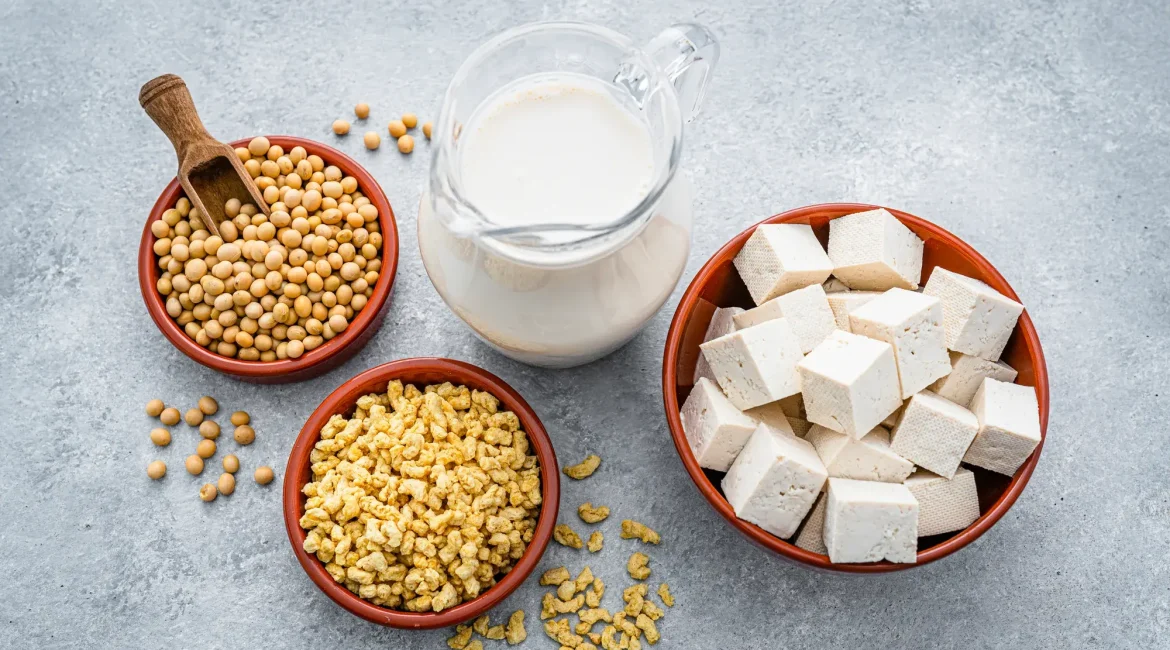Soy has been misunderstood for years. Some say it’s healthy, others say it’s harmful. So what’s the truth? Let’s look at the facts and bust the most common myths.
Myth 1: Soy messes with your hormones
Truth: Whole soy foods (like tofu, tempeh, edamame) contain phytoestrogens — plant compounds that are much weaker than human estrogen. In normal amounts, they do not disrupt hormones. In fact, some studies show soy may help balance hormones and reduce symptoms of PMS or menopause.
Myth 2: Soy causes breast cancer
Truth: There is no strong evidence that moderate soy intake increases cancer risk. In fact, populations that eat a lot of soy (like in Japan) have lower rates of breast cancer. Soy may even be protective when consumed regularly from a young age.
Myth 3: All soy is the same
Truth: There’s a big difference between whole soy (like tofu, tempeh, soy milk) and highly processed soy (like soy protein isolate in fake meats). Whole soy is healthy. Processed soy, like with all processed foods, should be eaten in moderation.
So… is soy good?
Yes — if you choose whole, minimally processed soy and enjoy it in balanced amounts. It’s a great source of plant protein, iron, calcium, and healthy fats — especially for vegans and vegetarians.
Final Thought
Soy isn’t the enemy. It’s a smart, nutritious plant food — just stick to real, whole versions and listen to your body.




